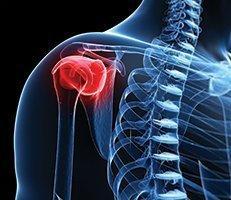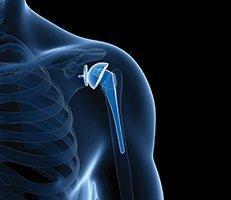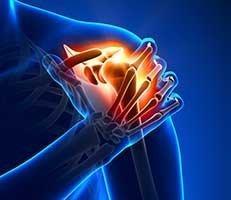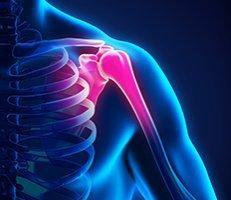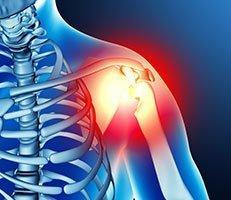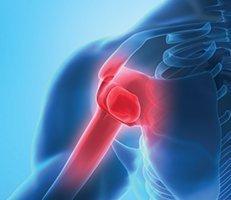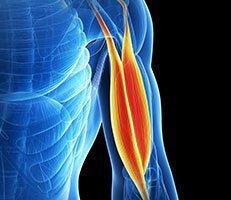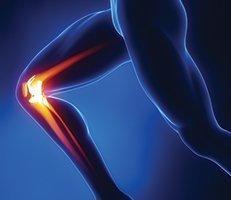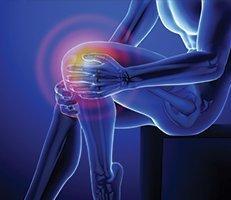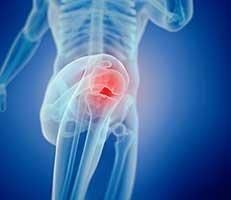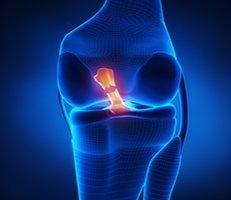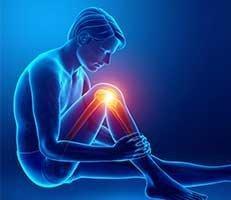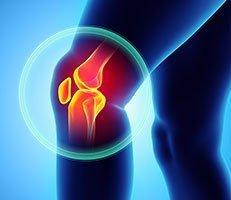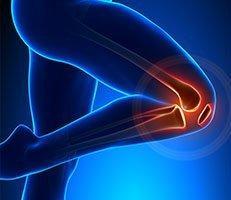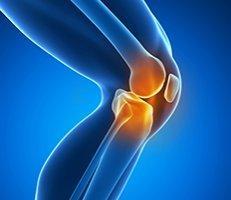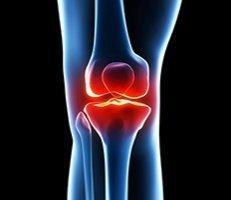Click here to download and print discharge instructions for knee arthroscopic surgery.
Below are discharge instructions for knee arthroscopic surgery.
Remember to re-read these after your surgery
BANDAGES
Knee bandages should remain in place following surgery until changed in the office during your first post-operative appointment. Ace wrap or stocking may be removed for showering but should be reapplied for comfort during the first several days following surgery.
SHOWERING
Showers are acceptable after 24 hours; no use of bathtub or Jacuzzis. After removing the wraps or stocking covering the knee, the small clear bandage should provide a water barrier for quick showers but not for submersion of the knee under water.
BLEEDING
In some cases, oozing at the point of incision does persist for several hours. You may notice a small amount of bloody drainage on the bandages. If you are concerned about excessive bleeding, please contact our office.
SWELLING
It is common to experience temporary swelling around the knee joint, which will give you stiffness and discomfort. This may last for several weeks after the surgery. To minimize the swelling, utilize the ice machine supplied and elevate the leg above the level of your heart. If you notice excessive swelling about the leg/ankle/foot please contact the office.
ICING
Safe use of an ice pack contributes to pain relief and reduction in swelling. You can apply ice as often as needed on top of your dressing during the first postoperative day. After your dressing is removed, ice can be applied for 20-minute periods, 3-4 times per day. Please have a barrier between the ice pack and your skin to prevent frostbite.
RELIEF OF PAIN
Most patients are prescribed the following medications. These medications may be used together and should be taken as instructed on the pharmacy bottle:
Vicodin/Norco– a narcotic pain medication (hydrocodone) combined with acetaminophen (generic form of Tylenol)
Or Ultram (Tramadol) - a narcotic pain medication
Tylenol – may be used in place of pain medication (Norco/Percocet) for mild pain. Please note that the maximum daily dose of Tylenol is 4000 mg.
ECASA – coated aspirin – ECASA 325 mg daily for 10 days may decrease the unlikely complication of blood clots (DVT) and pulmonary emboli. Early movement and mobilization may also decrease this risk. If you have a personal or family history of clotting please discuss with our office and your internist as additional medications may be indicated.
Do not take strong medication on an empty stomach. Do not drink alcohol or drive while taking a prescribed pain medication.
DIET
The after day of surgery, drink lots of fluids and eat soft, nutritious foods. An adequate diet is essential for the healing process.
NAUSEA AND VOMITING
Although unusual, both can be experienced after anesthesia in surgery. If you have a tendency for this, please discuss it with the anesthesiologist. Otherwise it is usually alleviated with a clear liquid diet.
DROWSINESS
After anesthesia, drowsiness may persist for quite a while.
COMMON COMPLAINTS AFTER SURGERY
It is not uncommon that patients complain of a sensation of liquid within the joint. Some patients also note occasional clicking or popping with movement. These are typical sensations after knee surgery and rarely represent a problem.
ACTIVITIES
Bending the knee and walking should be performed to your COMFORT.
POSTOPERATIVE OFFICE VISIT
Your first post-operative visit should already be arranged. If not, please call our office during regular working hours to schedule your post op visit.
DAY OF SURGERY
Patients are typically asked to arrive at the surgery center 1-2 hours prior to surgery in order to complete paperwork, speak with nurses and anesthesiologist, etc. The surgery lasts approximately 1 hour and time in the recovery room usually lasts an additional 1-2 hours.
You MUST be picked up by a family member, friend etc who will be allowed to join you in the recovery room once you are awake and comfortable. It is typically helpful to have a friend or family member stay with you at home for the first 24 hours after surgery.
EMERGENCY
Please call 911 if you have a life-threatening emergency. If after hours, please call the office and you will be connected with the doctor on call.
WE WOULD LIKE TO MAKE THE DAY OF SURGERY AND POST OPERATIVE RECOVERY AS EASY AS POSSIBLE FOR YOU. IF YOU HAVE ADDITIONAL QUESTIONS OR IF PROBLEMS SHOULD DEVELOP, DO NOT HESITATE TO CONTACT US.

